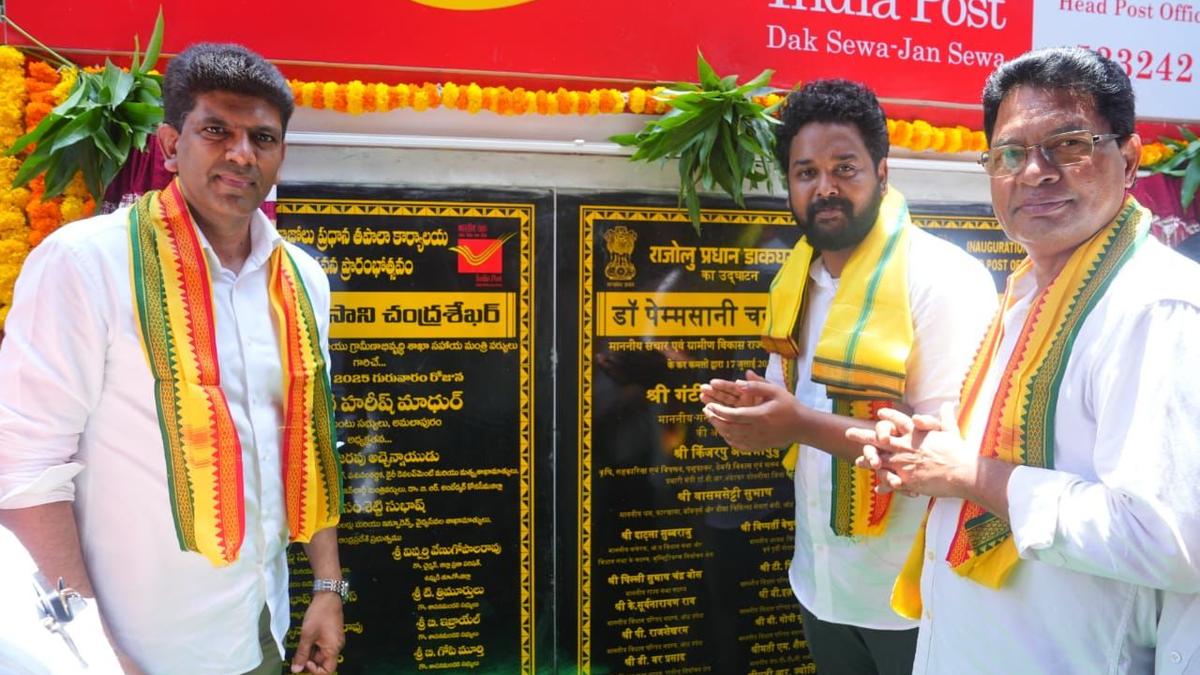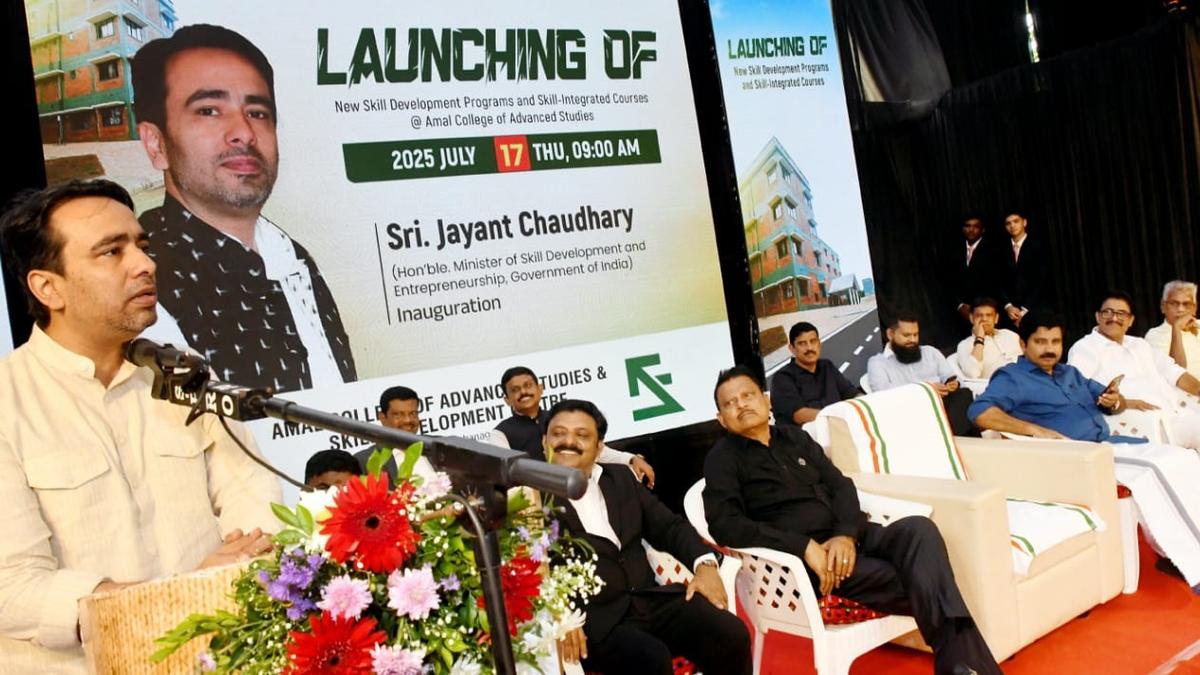ARTICLE AD BOX
Last Updated:July 17, 2025, 10:17 IST
Social media warns Sanskrit faces extinction without census support. But with ongoing use in rituals and education, the language remains alive and actively preserved

Raising awareness about Sanskrit’s role and encouraging its learning is important, but the claim that it faces extinction unless declared as a first language in the census lacks a factual basis. (News18)
A message circulating on social media warns of the possible extinction of the Sanskrit language, urging citizens to declare Sanskrit as their first language in the upcoming national census. The claim suggests that failure to do so may result in Sanskrit being labelled as ‘extinct’, which could subsequently lead to the withdrawal of government grants, educational assistance, and preservation efforts.
While it is accurate that Sanskrit is spoken by a relatively small number of people today, this limited usage does not imply the language is extinct.
The Census Push
Social media posts claim that the census will be concluded by March 2027, and encourage people to select ‘Sanskrit’ when asked about their mother tongue and languages known. Although Sanskrit is not widely spoken in everyday conversation, it is still regularly used in daily worship, chanting, the recitation of shlokas, and during religious rituals.
According to the 2011 Census of India, 24,821 people reported Sanskrit as their first language, a significant rise from 14,135 in the 2001 census. In certain villages such as Dimmar in Uttarakhand, Mattur in Karnataka, and Jhiri in Madhya Pradesh, Sanskrit remains in active daily use.
How Is Sanskrit Being Preserved And Supported?
Sanskrit, regarded as India’s oldest and original language, holds deep cultural and religious significance. Various efforts continue to support its preservation. Numerous universities across India and abroad offer courses in Sanskrit, and some Indian states include the language as a compulsory or optional subject in schools.
Educational institutions like Utkal University and the National Sanskrit University are dedicated to the teaching and research of Sanskrit. Furthermore, government bodies, including the Ministry of Education, have specific budget allocations for Sanskrit’s promotion, and separate grants are provided to institutions engaged in its study and preservation.
Census And Language Policy: Understanding The Link
The census is a key instrument in collecting data related to population, socio-economic indicators, education levels, and languages spoken. This information assists in the creation of government policies and development plans. Data concerning the number of speakers of a language can help indicate whether targeted support or special schemes are necessary for its preservation.
However, government grants and support for a language are not determined solely by the number of speakers. Factors such as a language’s historical, cultural, and constitutional status also play a significant role. Sanskrit, for instance, is included in the Eighth Schedule of the Indian Constitution, which formally recognises its official importance.
What Constitutes Language Extinction? A Closer Look
The decision to classify a language as ‘extinct’ is not made lightly. It involves defined criteria established by international organisations such as UNESCO. A language is considered extinct when no person speaks it as their mother tongue and no younger generation is learning it.
While several Indian languages are indeed endangered and at risk of extinction, the suggestion that Sanskrit will lose government support unless listed as a first language in the census is inaccurate and overstated.
Sanskrit’s Enduring Significance And Future Outlook
Despite a decline in its everyday use, Sanskrit continues to be preserved through religious, educational, and scholarly practices. The language’s historical, cultural, and religious value ensures that it remains eligible for ongoing government and institutional support, backed by dedicated budget allocations and national recognition.
In conclusion, while raising awareness about Sanskrit’s role and encouraging its learning is important, the claim that it faces extinction or funding loss unless declared as a first language in the census lacks factual basis. The language remains a living cultural treasure, supported by a broad network of public and academic institutions.
view comments- Location :
- First Published:
News explainers 'Sanskrit Going Extinct, Only Census Can Save It!': Truth Behind Viral Claim | Fact Check
Disclaimer: Comments reflect users’ views, not News18’s. Please keep discussions respectful and constructive. Abusive, defamatory, or illegal comments will be removed. News18 may disable any comment at its discretion. By posting, you agree to our Terms of Use and Privacy Policy.



.png)
.png)
.png)
















 11 hours ago
6
11 hours ago
6









 English (US) ·
English (US) ·